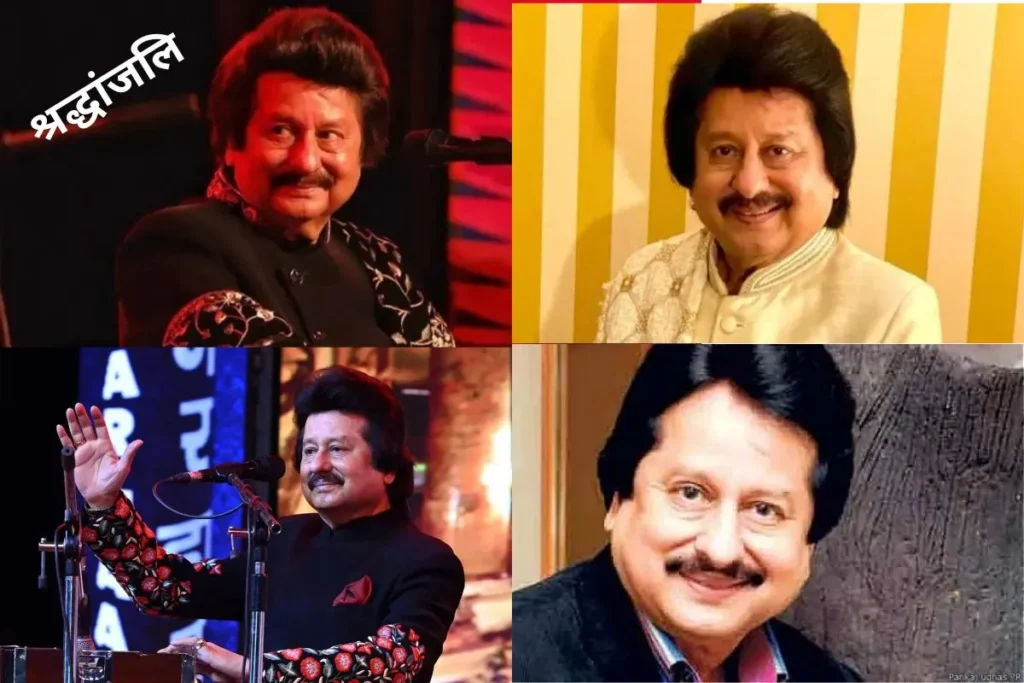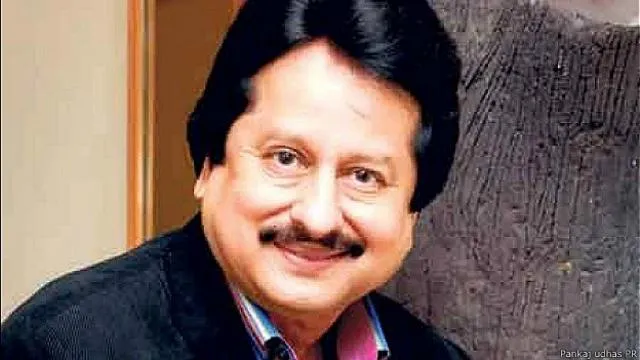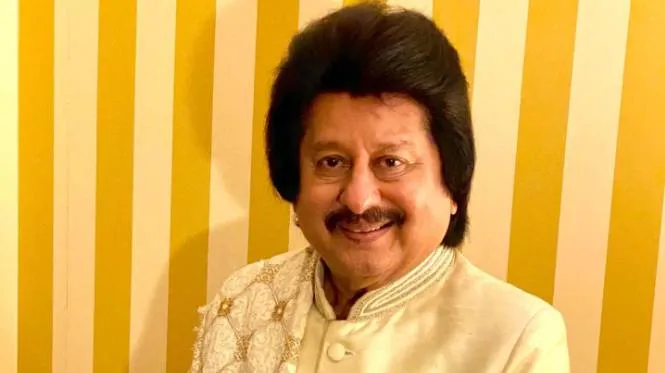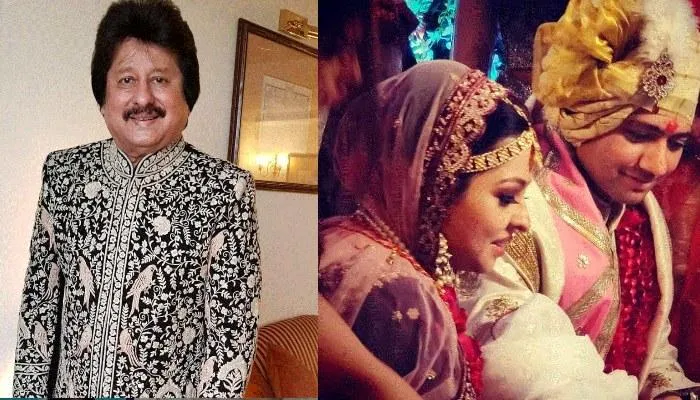The Echoes of Pankaj Udhas: A Melodious Journey Through Ghazals

Today, on February 26, 2024, the realm of Indian music mourns the departure of the iconic ghazal maestro, Pankaj Udhas, who at the age of 72, bid farewell after battling a prolonged illness.
Born to Keshubhai Udhas and Jituben Udhas, Pankaj Udhas hailed from a family steeped in musical tradition, with both his elder brothers, Manhar Udhas and Nirmal Udhas, being celebrated singers in their own right. Manhar Udhas found success as a Hindi playback singer in Bollywood, while Pankaj Udhas found his soulmate in Farida Udhas, whom he married on 11-02-1982. Together, they were blessed with two daughters, Reva Udhas (Hasrina) and Nayaab Udhas.
Pankaj Udhas wasn’t just a singer; he was a storyteller whose melodies resonated with the depths of human emotions. With his soul-stirring voice, he spun tales of love, longing, and the intricacies of life itself. His journey to stardom was marked by timeless classics like “Chitthi Aayi Hai” and “Kasme Vaade Nibhaana,” which etched his name in the annals of music history.
Udhas’s initial foray into the music industry was as a playback singer in films like “Hum Tum Aur Woh” (1979). However, his true calling lay in the world of ghazals. In 1980, he released his debut ghazal album, “Aahat,” which marked a turning point in his career. The album’s success established him as a prominent figure in the genre, paving the way for a string of critically acclaimed and commercially successful albums like “Mukarar” (1981), “Tarrannum” (1982), and “Mehfil” (1983).


Udhas’s voice possessed a unique quality – a blend of power and tenderness that resonated deeply with listeners. He possessed an exceptional ability to interpret the intricate verses of Urdu poetry, breathing life into them with his soulful renditions. His ghazals often explored themes of love, separation, and the complexities of human emotions, creating an atmosphere of intimacy and introspection.
Beyond being a gifted singer, Udhas was also a dedicated ambassador of the ghazal tradition. He played a pivotal role in popularizing the genre among a wider audience, particularly in the 1980s and 1990s. He actively collaborated with renowned poets like Mirza Ghalib, Faiz Ahmed Faiz, and Jan Nisar Akhtar, bringing their verses to life through his captivating melodies.

Udhas’s impact transcended the boundaries of music. He appeared in several films, including “Naam” (1986), where his iconic song “Chitthi Aayi Hai” became a national sensation. His song “Ghunghroo toot gaye” and Film Naam’s song “Chiththi Aayi Hai” is still very popular and wherever he goes, audience always ask to sing the song. He also ventured into television, hosting the talent show “Aadab Arz Hai,” further promoting ghazals and nurturing young talent.
Pankaj Udhas’s contributions to Indian music were acknowledged through prestigious awards, including the Padma Shri, one of India’s highest civilian honors, in 2020. His legacy extends far beyond the awards and accolades. He leaves behind a treasure trove of soulful ghazals that will continue to enthrall generations of listeners, reminding them of the timeless beauty and power of this musical tradition.
I remember my meeting with him at Hongkong airport, when he also landed there for a music concert with his team, in the year 2015. He was so humble, friendly, full of energy and with his signature smile on his face.
His contribution to Indian Cinema and Music will be remembered forever.
May God Divine Soul Rest In Peace.
Video Credit: YouTube